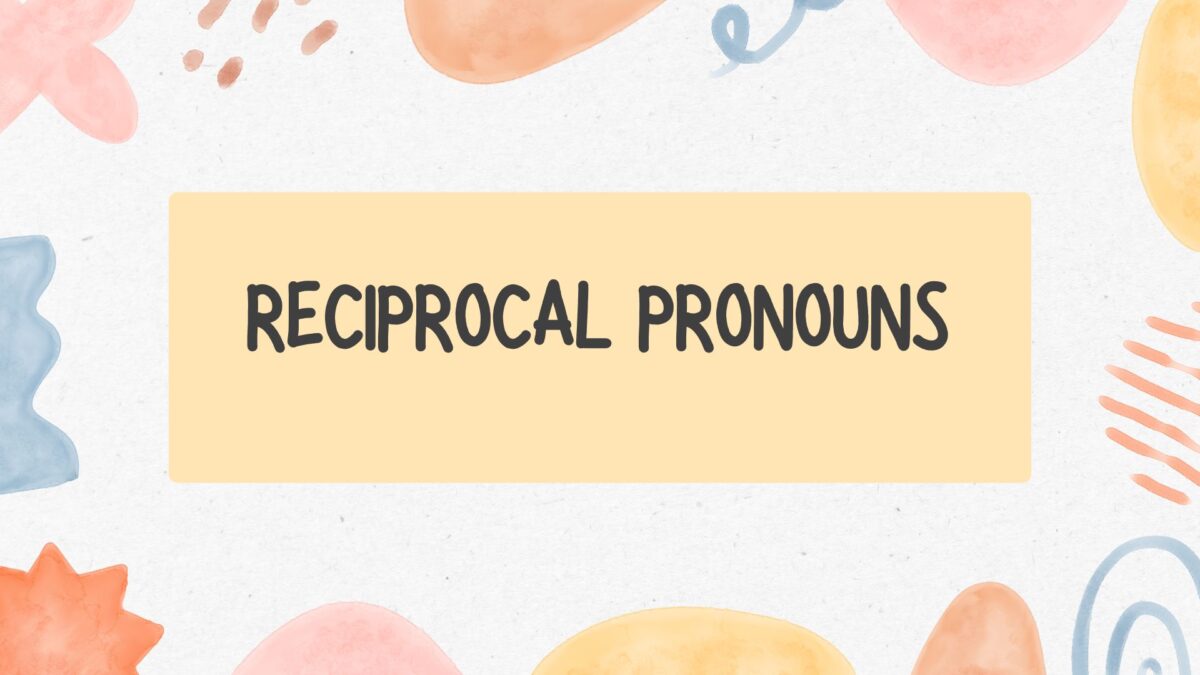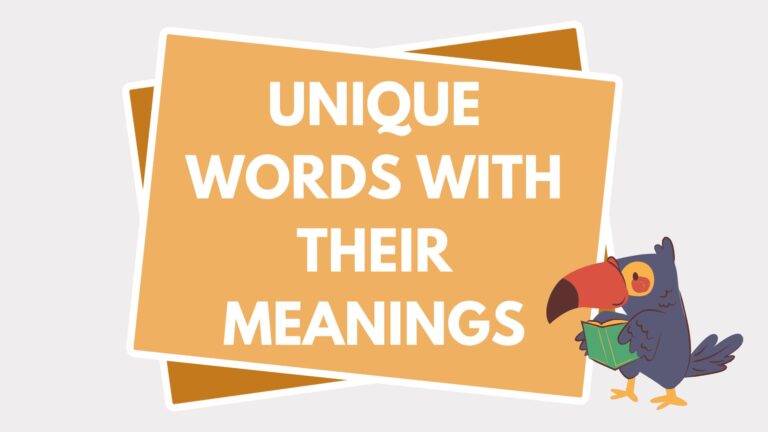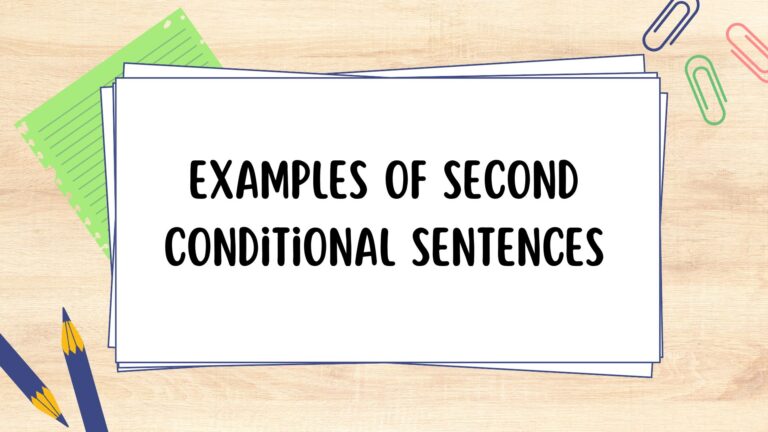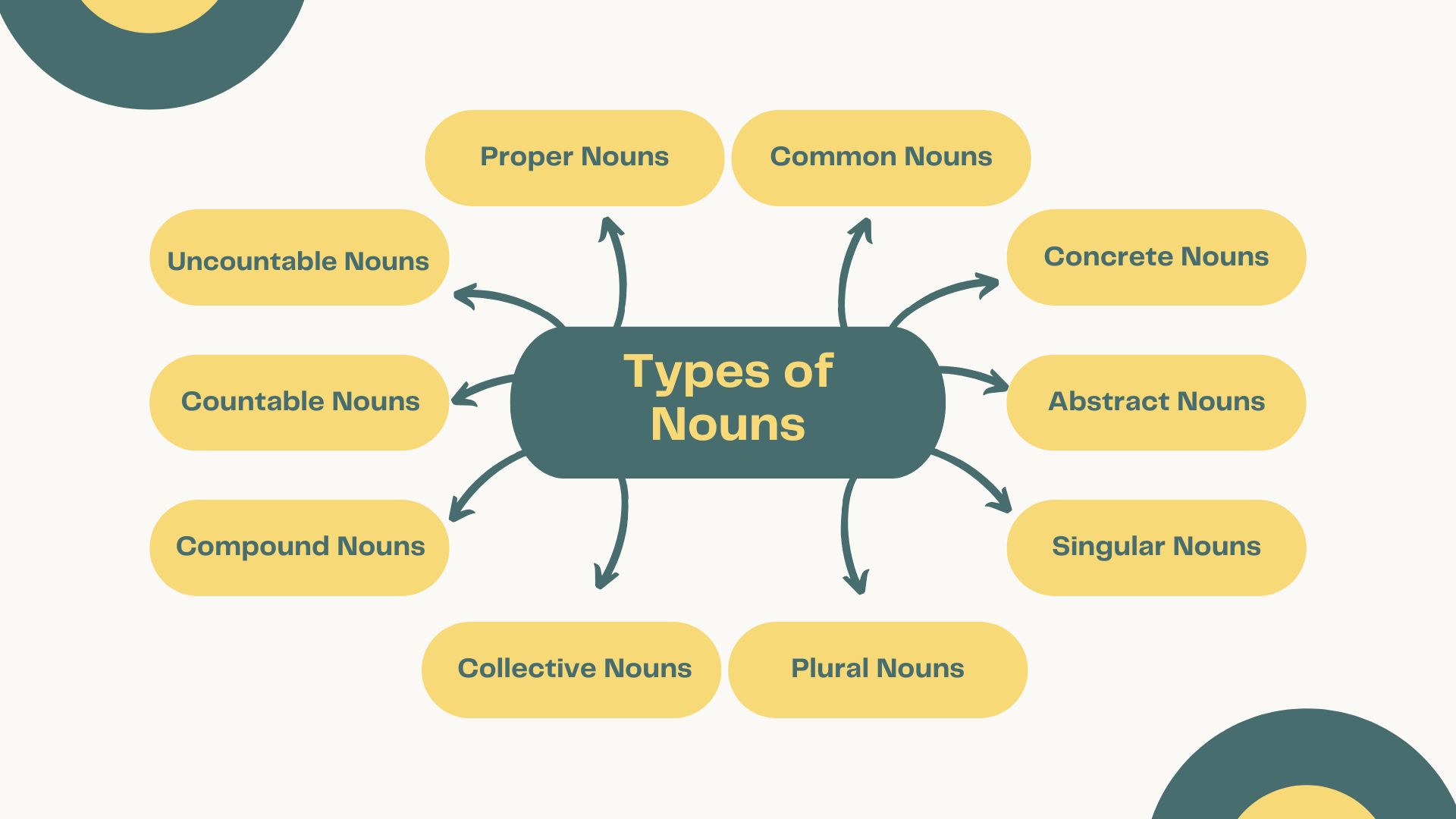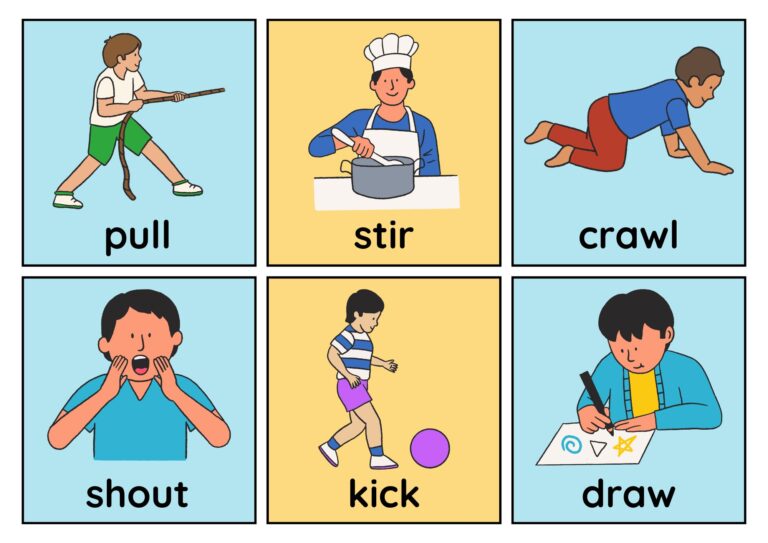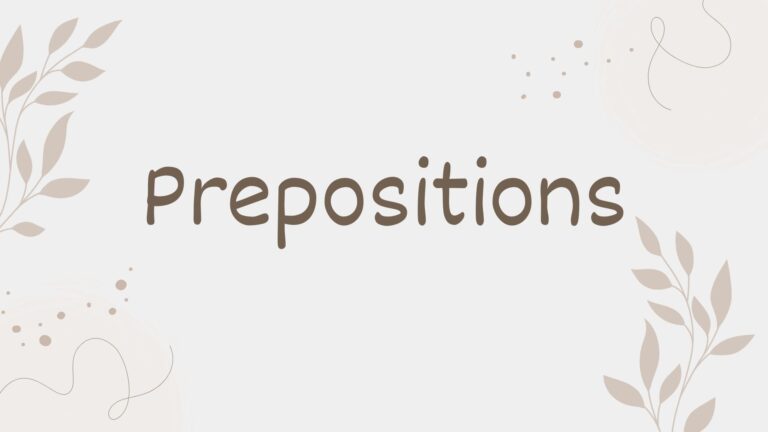Reciprocal Pronouns in English
Reciprocal pronouns show actions that people do to each other, making communication clearer. This article explains how to use them and why they matter. Understanding these pronouns will greatly improve your language skills.
When we want to talk about mutual actions or feelings between two or more people, reciprocal pronouns come into play. These handy pronouns help us express that something is done or felt in return — a give-and-take situation.
What Are Reciprocal Pronouns?
There are two reciprocal pronouns in English:
- Each other
- One another
They are used when two or more people are performing an action with respect to one another.
Example: Sarah and Tom respect each other.
Each Other vs. One Another
Each other is used for two people or things.
One another is used for three or more.
Examples of Reciprocal Pronouns in Sentences
Reciprocal pronouns, such as “each other” and “one another,” show mutual relationships. For example, “The two friends helped each other” highlights their friendship and teamwork. On the other hand, “one another” is used when talking about more than two people, like in “The team members encouraged one another.”
The twins looked at each other and laughed.
The team members encouraged one another during the match. (More than two)
The couple held each other’s hands during the movie.
They looked at each other and smiled.
Jake and Emma always support each other in tough times.
The two friends text each other every day.
We gave each other gifts for our anniversary.
The dogs chased each other around the yard.
During the argument, they shouted at each other.
After the match, the players congratulated each other.
The students helped one another with their homework.
The team members encouraged one another before the game.
They shared their snacks with one another during the picnic.
In the group discussion, they listened to one another’s opinions.
The birds sang to one another from the trees.
Neighbors in this community look out for one another.
The volunteers thanked one another for their hard work.
Reciprocal Pronouns In Modern English:
This distinction is often ignored in casual conversation and writing. Most native speakers use each other for both situations, and it’s generally acceptable.
They hugged each other tightly.
The students shared notes with one another.
We should support each other during difficult times.
Common Mistakes to Avoid
1. Using them reflexively instead
Incorrect: They talked to themselves.
Correct: They talked to each other.
“Themselves” is reflexive and means the action is done to oneself. “Each other” means the action is done mutually.
2. Using with singular nouns
Incorrect: Each student helped each other.
Correct: The students helped each other.
Reciprocal pronouns require a plural subject.
What are the reciprocal pronouns in English?
They are words that are used to show that two or more people are performing the same action toward each other. There are only two reciprocal pronouns in English:
- Each other
- One another
What is the difference between “each other” and “one another”?
Traditionally:
Use each other for two people or things.
Use one another for three or more.
Modern usage:
Most native speakers use each other for both cases in casual or informal speech. The difference is not strictly followed today.
Can I use reciprocal pronouns with singular nouns?
No. Reciprocal pronouns require a plural subject because they describe mutual actions between two or more people or things.
Incorrect: Each student helped each other.
Correct: The students helped each other.
Can I start a sentence with a reciprocal pronoun?
Not usually. Reciprocal pronouns are generally used after the verb or preposition.
Incorrect: Each other helped the students.
Correct: The students helped each other.
Is it wrong to use “each other” with more than two people?
Not in modern English. Although the traditional rule says “each other” for two and “one another” for more than two, native speakers often use “each other” in all situations without confusion.

